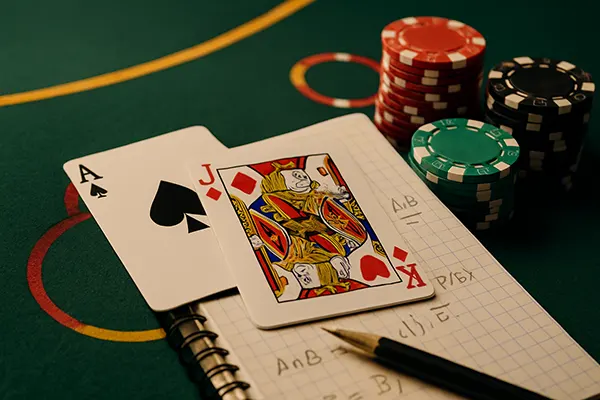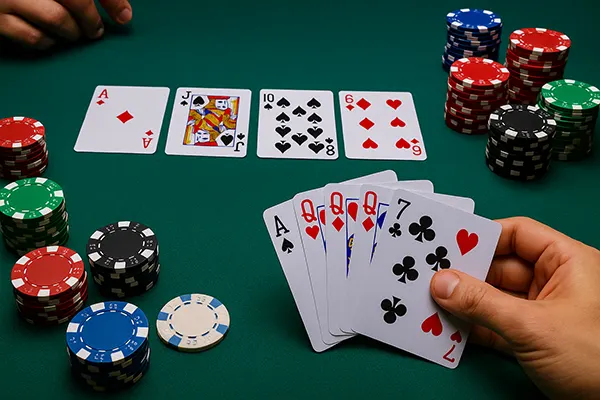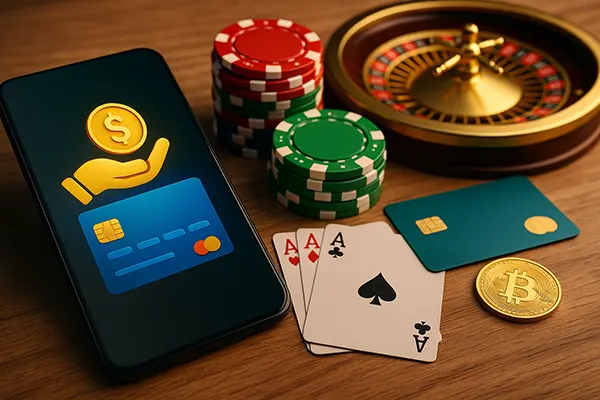
What is tilt in poker?
The world of poker is as much about psychology as it is about strategy and luck. One term you might hear often, especially among professional players, is “tilt.” But what is tilt, and why is it so detrimental to a player’s performance?
Tilt is a poker term that describes a state of mental or emotional confusion or frustration in which a player adopts a less-than-optimal strategy. This usually happens because of the player’s emotions, rather than logical thought processes, dictating their actions at the table.
What are the types of tilt?
- Running Bad Tilt: This occurs when a player believes they are constantly being dealt bad cards or are in a streak of bad luck.
- Mistake Tilt: Caused by a player’s own mistake which leads to frustration.
- Entitlement Tilt: Here, a player believes they are better and thus entitled to win more than their opponents.
- Revenge Tilt: A drive to get back at a player for previous hands.
- Boredom Tilt: Playing hands you shouldn’t just because you’re bored.
What are the causes of tilt in poker?
The most common causes include:
- Bad beats: Losing a hand, especially when the odds were in your favor.
- Continuous losses: A string of losses can frustrate even seasoned players.
- Personal problems: Issues outside the poker table can affect gameplay.
- Fatigue: Tiredness can lead to impaired judgment.
- Over-confidence: Believing you can’t lose can lead to recklessness.

What are the main signs of tilt?
- Playing Too Many Hands: A common sign, the player starts playing hands they’d normally fold.
- Over-aggression: Betting and raising more frequently than usual.
- Lack of Focus: Not paying attention to the game.
- Emotional Responses: Showing visible signs of frustration or anger.
How can a poker player fight tilt?
- Awareness: Recognizing the onset of tilt.
- Take a Break: Remove yourself from the situation to regain composure.
- Mindfulness and Meditation: Techniques to stay present and focused.
- Bankroll Management: Ensure you’re playing at stakes that won’t devastate you financially.
- Talk About It: Discussing hands or sessions with peers can offer clarity.
Advice from professional poker players
- Phil Ivey: “Always remember, poker is a marathon, not a sprint. Take each hand as a new opportunity.”
- Daniel Negreanu: “Recognize your emotions, but don’t let them control your decisions.”
- Vanessa Selbst: “If you feel tilt coming on, change your environment. Stand up, take a walk, or just change your perspective.”
Conclusion
Tilt is a formidable opponent in poker, one that can prove costlier than any adversary seated across from you. Awareness, discipline, and continuous learning are key to conquering it. Remember, poker is as much about mastering your emotions as it is about mastering the game.





